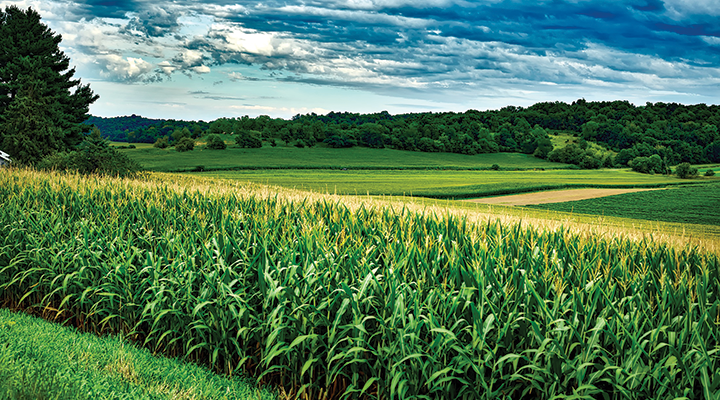Award: Associate of Applied Science
Degree Code: AGSC (Agriculture Concentration) - 60 Credits
Degree Code: AGSB (Agribusiness Concentration) - 60 Credits

Program Description
The Associate of Applied Science Agricultural Sciences provides a course of study designed to meet the needs of students who plan to work in various fields of agriculture or to transfer to a college or a university that grants a Baccalaureate Degree in various areas of Agriculture.
Transfer Information
Cecil College has the following transfer agreements: https://www.cecil.edu/student-resources/advising-transfer/transfer-agreements. Additionally, transfer information is available at the ARTSYS website (The Articulation System of Maryland). Contact your advisor for detailed information.